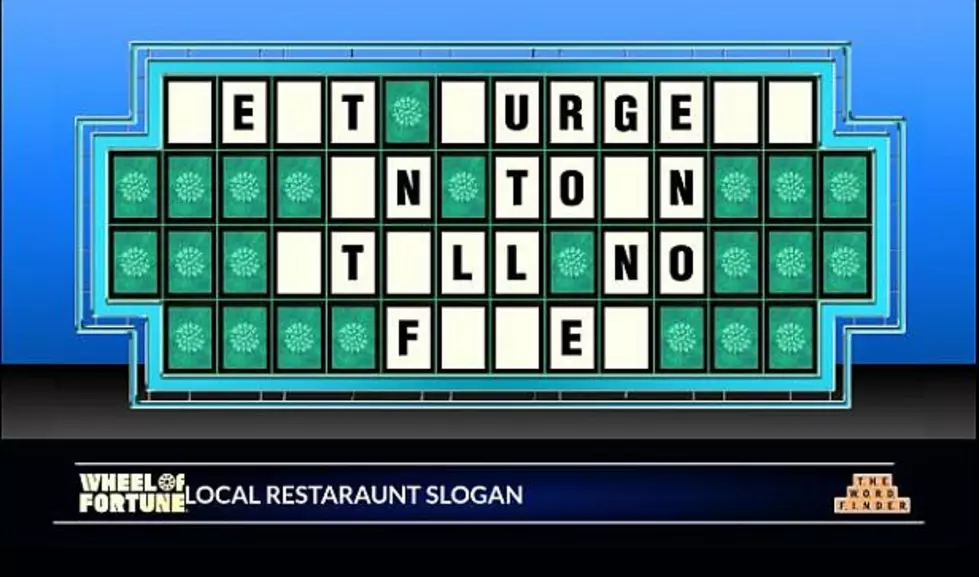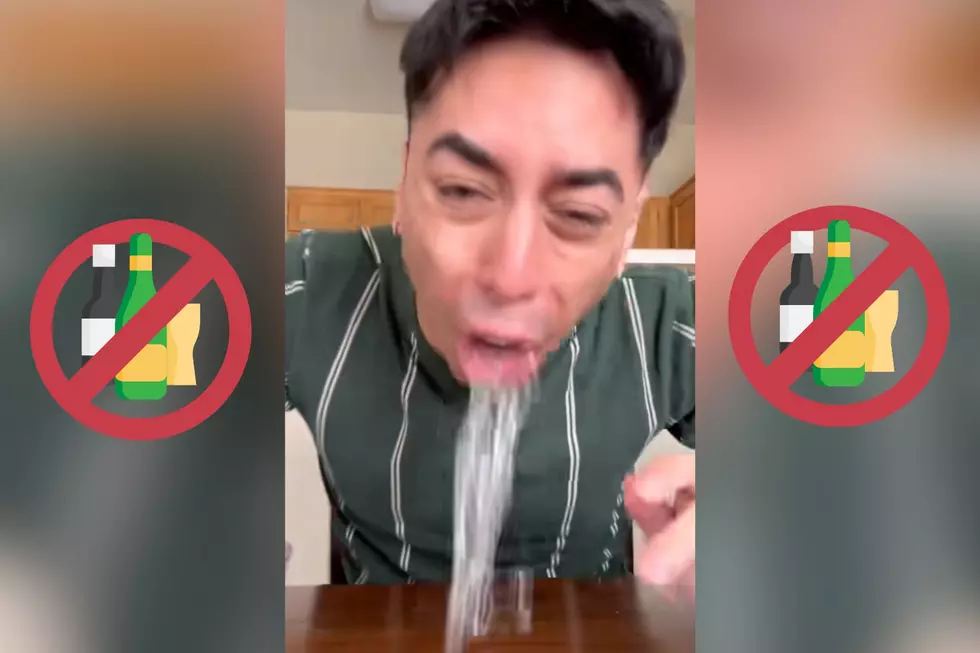
‘Mystery Seeds’ Analysis Reveals No Nefarious Plot
It was about two months or so ago our coronavirus pandemic was interrupted by what appeared to be another punch below the belt from the year 2020. It was at that time several residents from Louisiana and around the country started receiving unsolicited packages of seeds that were apparently shipped from foreign soil.
As you might imagine federal and state agricultural officials were quick to react. They asked us to simply destroy the seeds or contact local law enforcement or local agricultural officials to handle the proper disposal.
The seeds still have many questions surrounding them but one of the big questions, what are they, appears to have been answered. At least for the most part. That question is simply, "what are these seeds"?
Analysis of several samples of the "mystery seeds" have yet to reveal any nefarious plot or plan to do ill will to the United States agricultural industry. Louisiana Commissioner of Agriculture and Forestry, Dr. Mike Strain, told the Louisiana Radio Network,
According to our contacts with USDA so far the good news is there have been very few weeds or species containing diseases. We did find tomato spindle virus and evidence of some insects in some of the seeds
There were some 400 specimens of "mystery seeds" that were sent to addresses in Louisiana. According to the USDA, the seed shipments emanated from 44 different countries. So far USDA scientists have identified over 5,000 of the seeds and with just a few exceptions most of the seeds have been safe.
Still, Dr. Strain and other Ag officials say if you receive a shipment of "mystery seeds" or still have some in your possession do not handle or plant them. Instead, contact the Louisiana Department of Agriculture. They will offer you instructions on what your next step should be.
So, why were the seeds sent in the first place? Some believe it's part of a "brushing scam". The scammer uses the addresses of the items sent to create fake customer profiles for their online shopping sites. They then use this information to create fake consumer reviews. Perhaps, all of those seeds are just one company's way of getting five-star reviews so you'll shop with them online.
10 Fall Vegetables that You Can Plant Now
More From Hot 107.9








